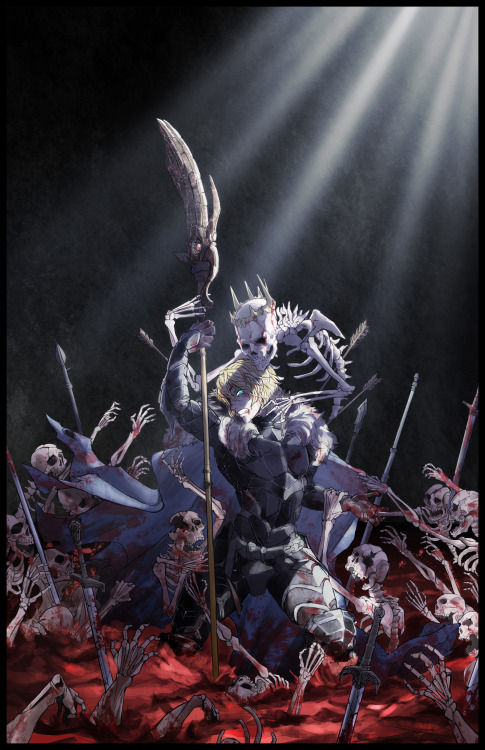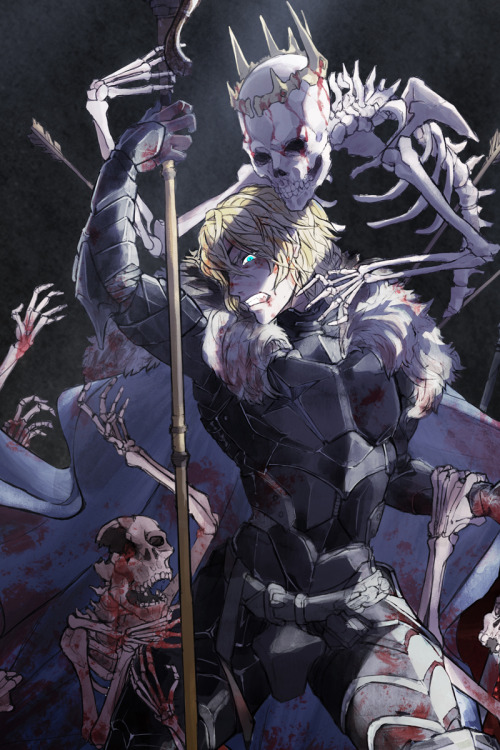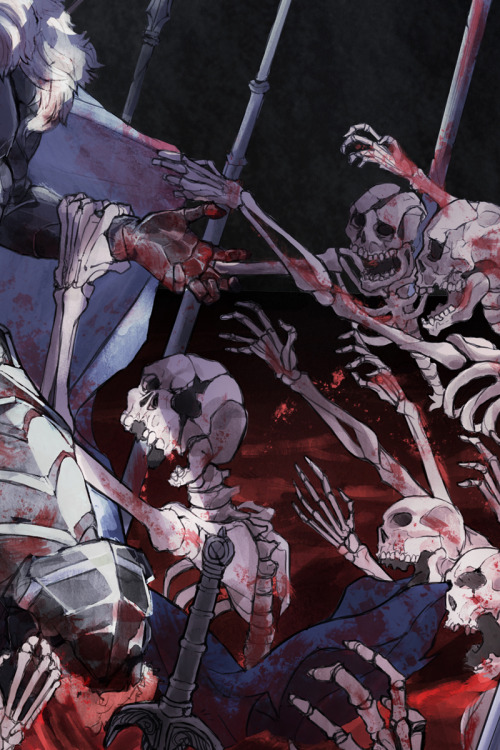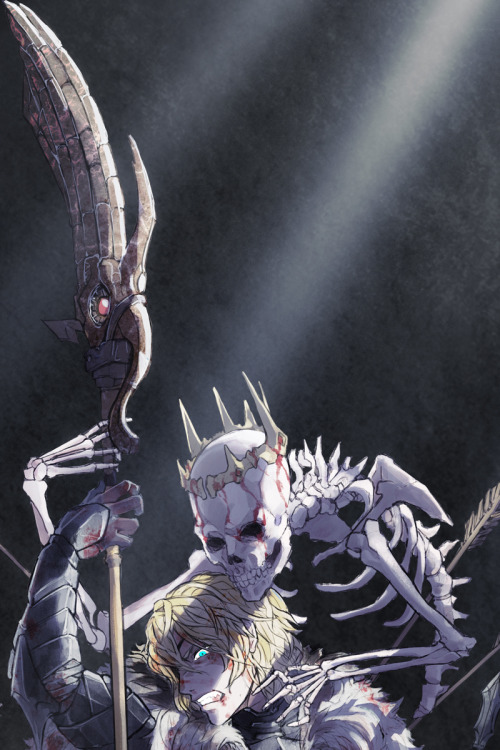Fire Emblem Three Houses is, to date, the most successful Fire Emblem game- both commercially and cr
Fire Emblem Three Houses is, to date, the most successful Fire Emblem game- both commercially and critically. It took me a while to play and complete the routes, but after having done so, I can understand why. FE3H is a radical departure that really emphasizes the characters over the gameplay. The FE series is currently going through a rebirth process that mixes several genres, resulting in a massive game that has its ups and downs. When it’s good, it’s really good- better than FE4 and FE6. But when it’s bad- it’s worse than FE Fates. As a FE veteran, I had many moments where I was questioning if what I was playing was actually an FE game. At times it felt like a dating sim and other it felt like a visual novel. Both of those aspects aren’t bad, but I’d be lying if I didn’t admit that some of the more interesting map designs and FE game mechanics got lost in the rebirth.However, I pleasantly surprised by the main three lords. These three are some of the most interesting Lords to ever be in FE. I tend to have a penchant towards Dimitri since he is the most traditional FE lord with complexities and morally gray areas built into his character. The result is a character with massive amounts of depth and nuisance. The same goes for the Edelgard and Claude. I think all three complement each other as difference aspects of FE archetypes, highlighting the positive and negatives of those traits. Edelgard is the idea of empire- that only the strong would be able to rule. Dimitri is the idea of the king- that only the chosen should be able to rule. And Claude is the idea of the Machiavellian politic- that only the exploiters can rule.The concepts of war, tragedy and perspective are the most interesting part of the game. However, the scope and breadth of those concepts lead directly to my biggest criticism. Most of which revolves around the writing and how the events unfold from point A to B. This problem is twofold- first from a game play perspective and second from the perspective of Byleth.My first point is simple- the individual routes are simply too short. 21 chapters did not seem enough to wrap up each of the routes. I can’t help but get the feeling that the original story for the game was sliced up into subpar outlines to produce passable plots that end without a proper conclusion. I can’t play BE and gain closure on TWSITD, and same goes for BL. But both routes provide satisfaction for the larger geopolitical situation. Meanwhile GD rushes through the political conflicts with flippant ease only to fully delve into TWSITD as a true ending- while most of the characters have very little to do with the organization. Both Edelgard and Dimitri have more reason to seek the truth than Claude.And even within the routes, I feel not enough time was given to the world, specifically in part II. How great would it have been to have a map showing Dimitri’s escape from execution, similar to FE7 Chapter 11 Hector Mode where you control only two units (Dimitri & Dedue) and have to make it from one end of the map to the other. Or to have a map where Edelgard storms the castle to reach her father so that she can become the new emperor. A lot of plot points in the game happen off screen and with very little explanation. As much as I love Dimitri’s exile and fall into madness, I never got to see it and it made it that much harder for me to understand him, which really hurt his eventual character arc. My point here is that each route would have benefited from 28-35 total chapters to flesh out the events of part II.I understand that a lot of plot threads were split up and placed in other routes to provide incentive to play the other routes (so that one can see the full conclusions), but I would argue that part I makes the replay value excruciatingly painful and that the strength of the characters fully explored would be reason enough to replay (like FE8’s split route)On a side note, was anyone else confused by how the time skip was handled? Byleth just fell asleep? Why do that when you have a perfectly good mechanic already introduced. The spell of Zahra would have worked as a perfect reason for a time skip. Byleth gets trapped, escapes but time has passed differently and it’s now 5 years later. This handling of the time skip had me completely flabbergasted.On the note of Blyeth, that leads me to my second point. Byleth is a narrative road block. On one hand, I understand the reason for Byleth’s inclusion as a self-insert character. But on the other, many of the decisions in how he/she interacts with the world really hurt the story. The decision to make Byleth never speak or have a defined personality made every interaction awkward for me and difficult to take anything relating to him/her seriously. Another point of serious contention is how the story treats Byleth as the main character.The three new lords of the series are so interesting yet they are treated as side-exhibits for the main attraction of Byleth. When I chose a route, I chose it to spend time and see one of the three Lords be the protagonist. Instead, in every route, the majority of the time and effort are spent on Byleth and his/her past and super-special-ness. In my opinion, the houses leaders should be the main driving force and the focus of that route, like any other Fire Emblem entry sans Fates.Despites these negative points of a rushed story in all three routes and the annoying intrusion of Byleth, I greatly enjoyed the game and appreciate how many new fans it has brought to the series. I have high hopes that they can fix some of the writing issues and improve on their map designs for the next entry. -- source link
Tumblr Blog : kiarou.tumblr.com
#fire emblem#dimitri#fe風花雪月#dimitrialexandreblaiddyd#my art




